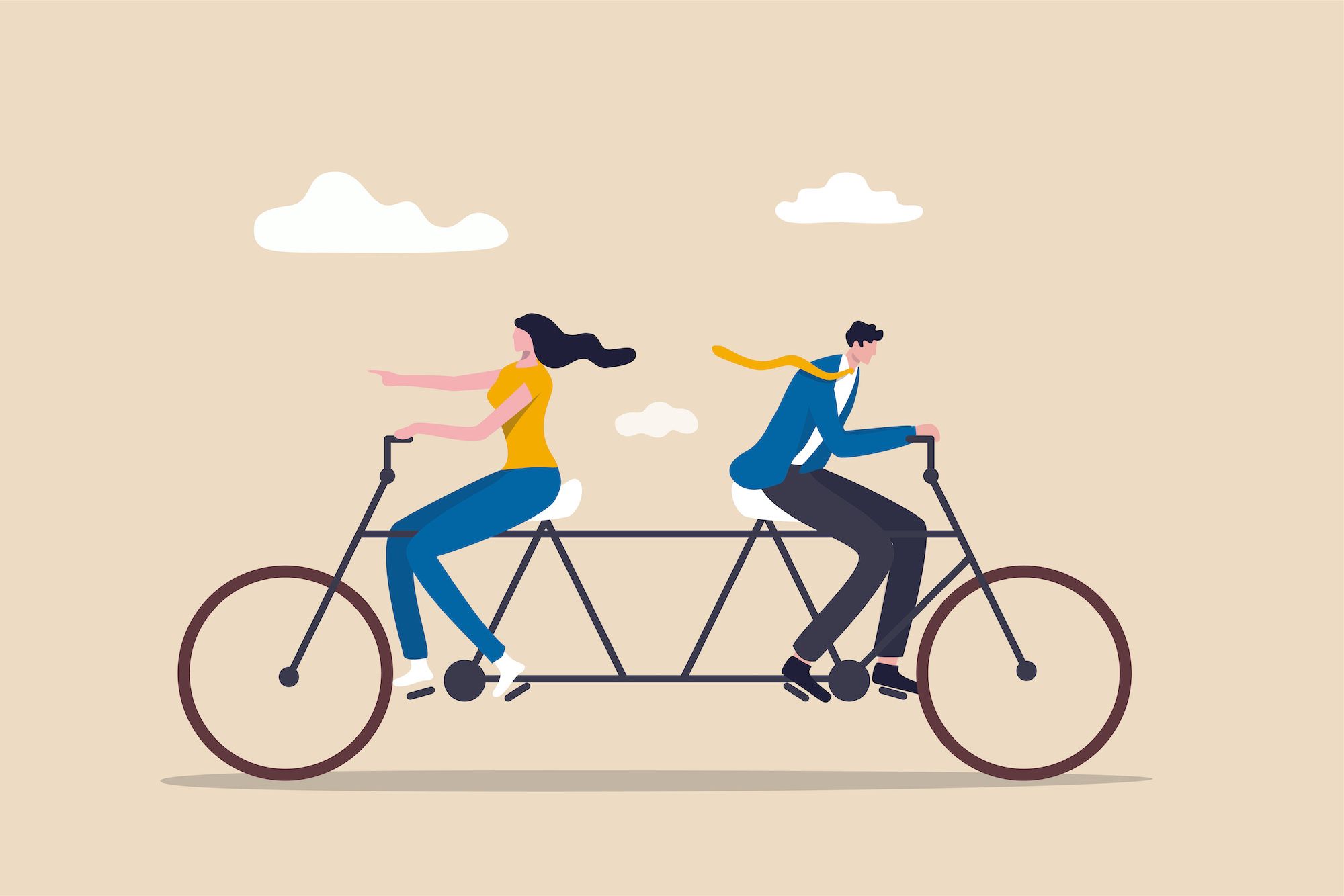
How to Engage More Critically With Work We Love From Faves That are Problematic
One of the most important characters to my core identity as a person and as a writer is Hermione Granger. She’s bossy and ambitious with big bushy brown hair and has been my most common go-to Halloween costume over the years because we are already kind of the same person. I am also comfortable admitting that her author, J.K. Rowling, is a rancid TERF who’s actively making the world less safe for trans people, and trans women in particular. Harry Potter is far from the only franchise burdened by the toxic actions, previous or current, of its creator, and it’s an issue worth talking about.
Don’t be naive- it’s not “just a movie/book/TV show.” It’s long been acknowledged the impact media has on culture, policy, and developing minds.
I also think that it’s fair to say that it’s easy for media criticism discourse to swing a bit too far in the other direction, creating an impossible rubric of progressivism and inclusivity for content and their creators to pass through before being deemed acceptable to consume, and villainizing anyone who can’t measure up. It is not your job or ethical duty to do a full-blown investigation into every piece of media you consume. You are one person, and you are allowed to enjoy things.
At the same time, it’s vital that we are willing and able to engage with media on a deeper critical level. For a more nuanced look at work you've enjoyed or are looking to enjoy in the future, here are a few starter questions to ask to guide that critical exploration.
Who’s getting paid? When this media does well, who gets paid or gets more work as a result? It's not just the creator, but also the producers, the publisher, the actors, etc. And where does their money go?
Is this stereotypical? Do your research on common problematic tropes related to a character's race/gender/sexuality and why they're damaging, and discuss with friends why or why not this representation could be harmful.
Who’s at the wheel? Let’s use an example for this one: a woman character wears heels and tight clothes, but she claims in dialog she finds it empowering rather than objectifying. Who wrote her that way? Who’s directing the actress and making the ultimate decisions on wardrobe? Be critical of not just what a character says, but also who's making them say it.
Who is the source? When there's outrage about a project, especially on social media, it can be tough to determine if people are outraged in good faith. What is the actual concern, who's raising it, and what is their agenda?
Now that we’re all curious and open to nuanced, critical conversation, you may have discovered (or already knew) that a piece of work you love has problematic elements, either in the content itself or due to its creator. It’s entirely up to you whether you’re comfortable continuing to consume that work, and if you are, there are a few ways to balance out the scales you may want to consider.
Stop giving them money. No reason the problematic creator(s) or projects need to profit if the work you’re consuming already exists (like, for instance, the Harry Potter series). Head to the library, visit used book/movie stores, peep garage sales, or even borrow from friends who've already purchased the content.
Tax yourself. Any time you rewatch or reread your problematic fave, even if there’s no money reaching the creators or project themselves, consider making a donation to or volunteering with a charity or cause aimed at reversing the harm it caused.
Educate yourself. Invest time in educating yourself on the harm it caused, ways the communities affected prefer to talk about the harm, and how you can more critically approach and discuss it if and when the topic arises.
Don’t recommend it. One person enjoying (and critically examining) problematic art does not create harm, but promoting it and alerting the market to its viability might. It is completely valid and acceptable to just enjoy it, and let it end there.
More than one thing can be true at once: you can deeply love and appreciate a piece of art, and deeply disagree with its creator or its impact. Revisiting media with problematic elements isn’t a crime, as long as you’re also open to being critical of it and invested in pushing gatekeepers and other creators, yourself included, to do better now.
We can’t change the past, but we can agree to fight for a better and more thoughtful future.
*Feature image by Nuthawat (Adobe)

